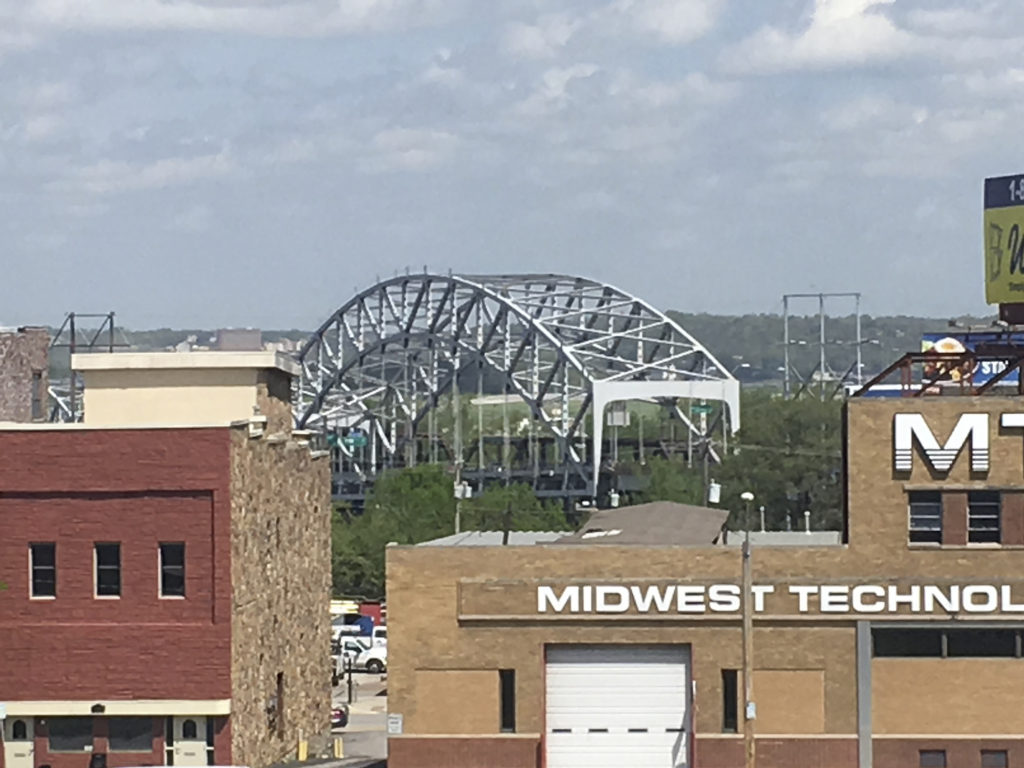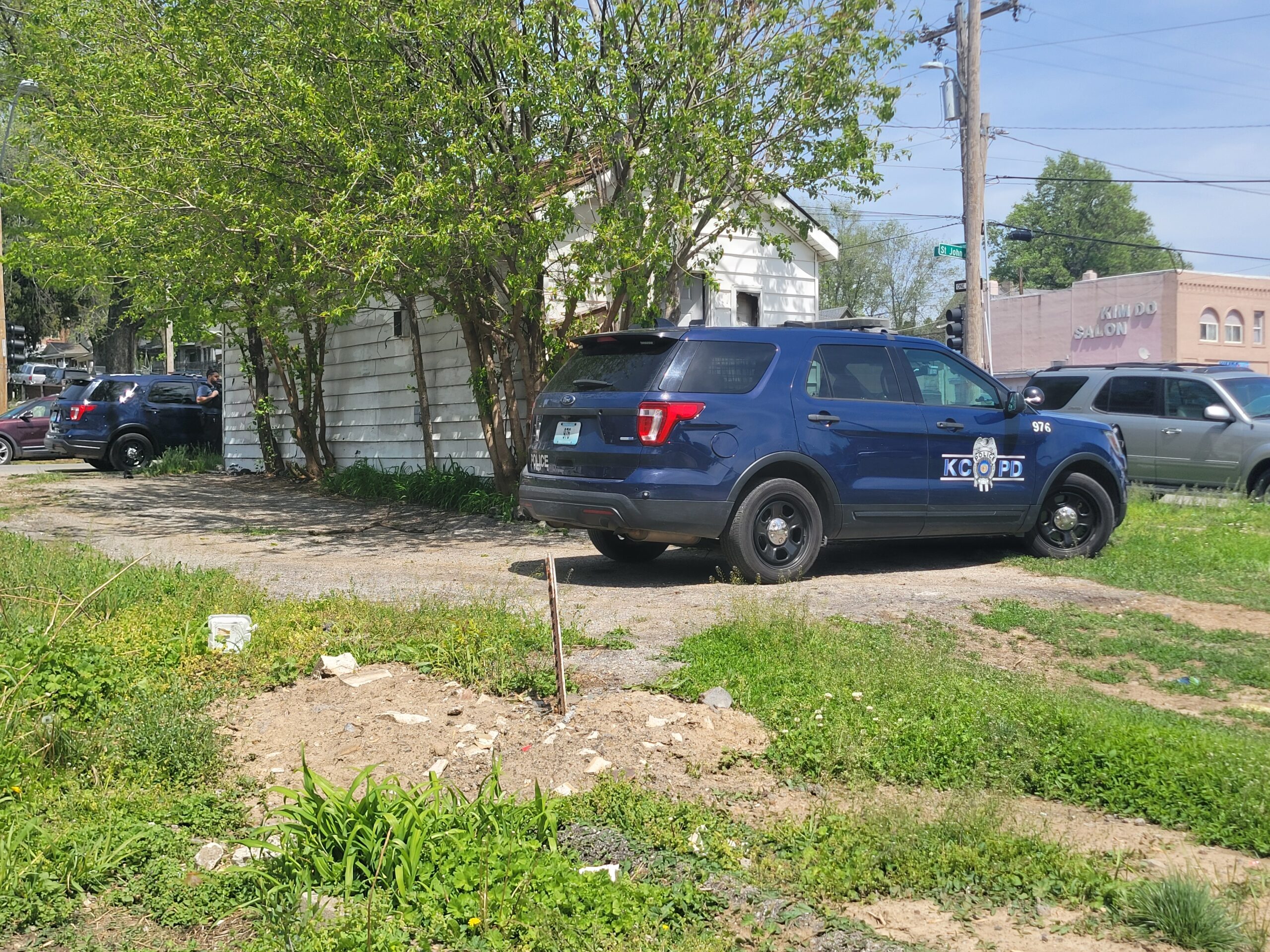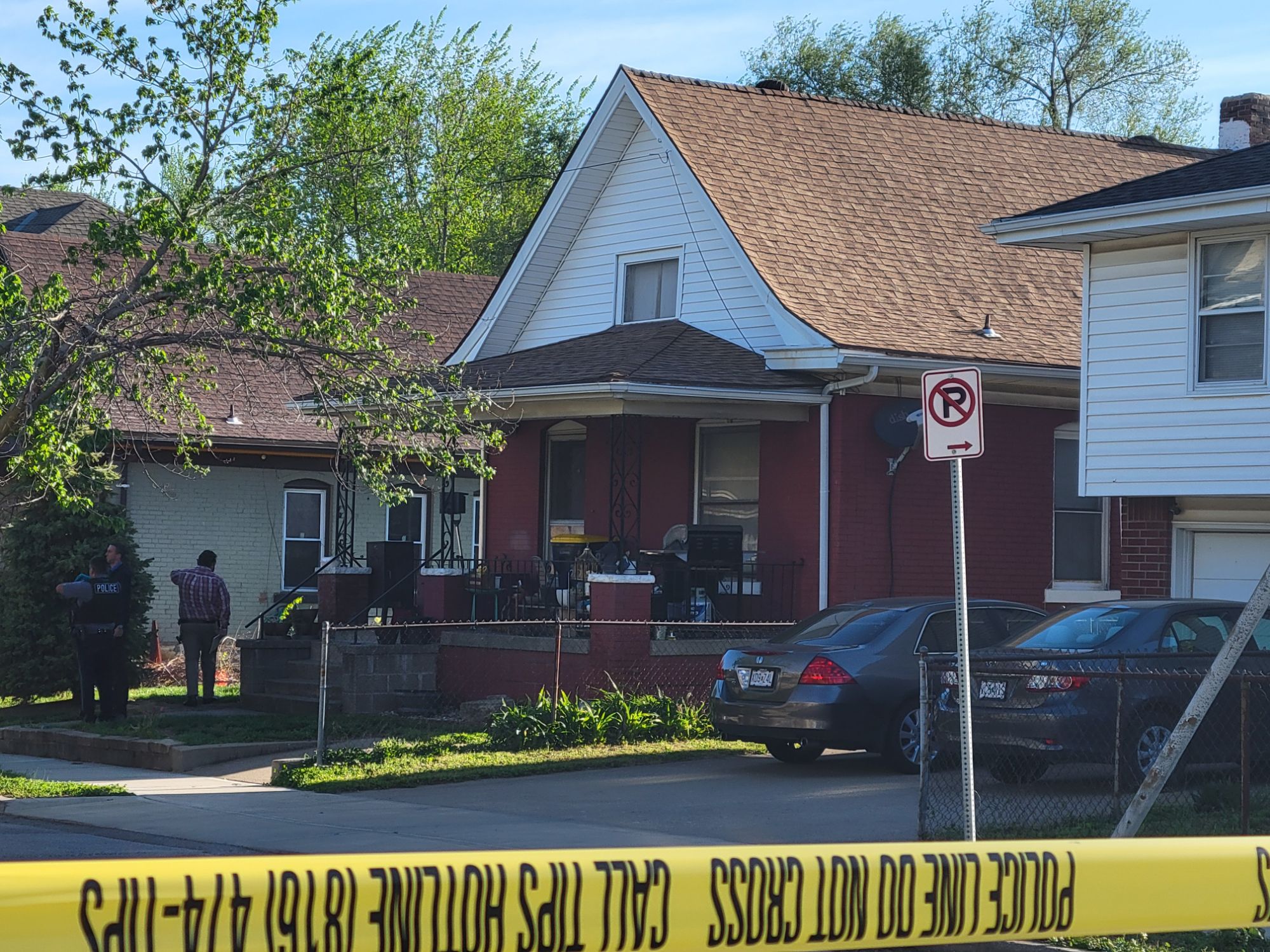Northeast News
April 20, 2017
KANSAS CITY, Missouri – Let there be no confusion: the City of Kansas City, Missouri will not be using any of the $800 million in General Obligation bond funds passed by taxpayers on April 4 to finance the replacement of the Buck O’Neil Bridge.
The City Council’s Transportation and Infrastructure Committee made as much clear on the morning of Thursday, April 20, when they unanimously advanced a resolution to the full City Council that would direct City Manager Troy Schulte to identify a funding strategy for a new bridge that explicitly excludes proceeds from General Obligation bonds. Once the resolution was unanimously approved by the full Council during its weekly legislative session later on April 20, Schulte was instructed to “report back to the Council within 60 days on progress, resources needed, and time line for completion of this plan.”
During a Council business session on April 13, the topic of the Buck O’Neil Bridge – and the improvements that the structure needs – kicked off a spirited discussion among Council members. At issue was a proposal from the Missouri Department of Transportation (MoDOT) that would set aside $49 million in the 2019 fiscal year to repair the bridge, while simultaneously forcing a two-year shutdown of the span. While the City Council did not come to a consensus on April 13 as to what the best solution will be for the bridge moving forward, they did generally agree on two major points: that a two-year shutdown of the Buck O’Neil Bridge would represent a problem for the city; and that General Obligation Bond funds should not be used in the repair or replacement of the bridge.
KCMO Innovation Engineer Wes Minder, who outlined the structural concerns with the Buck O’Neil Bridge during last week’s business session, returned on April 20 before the T&I Committee to discuss the reality facing the Council.
“We’re making a 60-year decision in the next two to three months,” said Minder.
With the clock ticking to come up with a viable solution for the bridge before MoDOT proceeds with rehabilitation plans, City Council moved fast to approve the resolution, which was put forward by 1st District Councilman and Mayor Pro Tem Scott Wagner. The assurances that bond funds would be insulated from the spending requirements that come with a potential brand-new bridge (one that could come with a price tag of $150 million or more) made the Council comfortable enough to pass the resolution unanimously.
6th District Councilman Kevin McManus was one of several Council members who thanked Wagner for his work on the resolution.
“I appreciate the clarity that we’re giving to our state partners as well, as to our intentions,” said McManus.
While Wagner’s committee substitute for Resolution No. 170265 was ultimately approved unanimously, there was some discussion during the T&I meeting to include additional language that would more specifically state that the bridge is a state-owned asset, and that the City would merely be assisting State efforts with its engagement around a regional funding strategy for the Buck O’Neil Bridge. Though 3rd District Councilman Quinton Lucas did go as far as to make a motion to include such language through a friendly amendment, the Council eventually chose to leave the resolution substitute as written.
The public voiced their thoughts on the resolution – and the options surrounding the Buck O’Neil Bridge – during the committee meeting. A representative of the City of Riverside, Missouri – a municipality identified by Minder as a potential funding partner during his presentation to the Council last week – spoke on behalf of Riverside Mayor Kathy Rose as he indicated support for construction of a new bridge.
“The City of Riverside is prepared to be a strong partner with Kansas City to move this project forward,” he said on behalf of Mayor Rose.
Eric Bunch of BikeWalk KC agreed that a new bridge should be constructed.
“The city must explore way to replace the Buck O’Neil Bridge, not slap a band-aid on a crumbling, albeit historic, structure,” said Bunch.
Not everyone who rose to the podium spoke in favor of the resolution. Clinton Adams, a lawyer and advocate for the city’s east side, said he was ‘neutral’ about the proposal, though he doesn’t want to see city dollars invested in a state asset.
“I hope that you will not use any City revenues or funds to repair or replace that bridge,” said Adams. “That’s a State asset, and a State responsibility.”



















